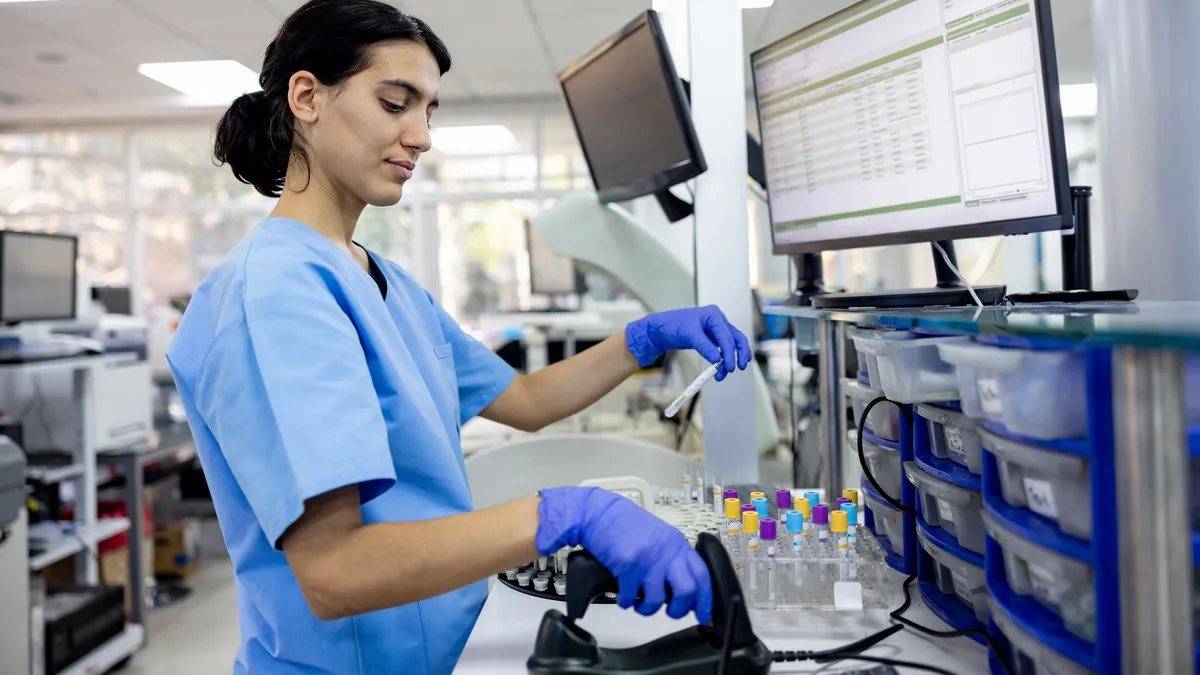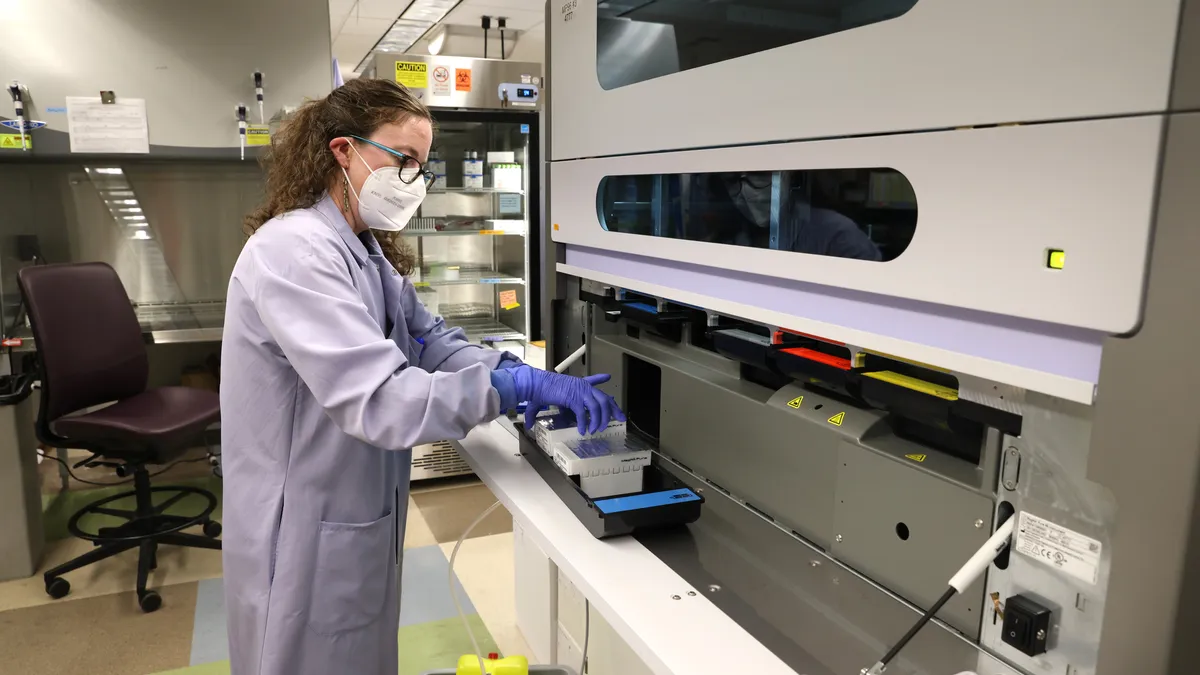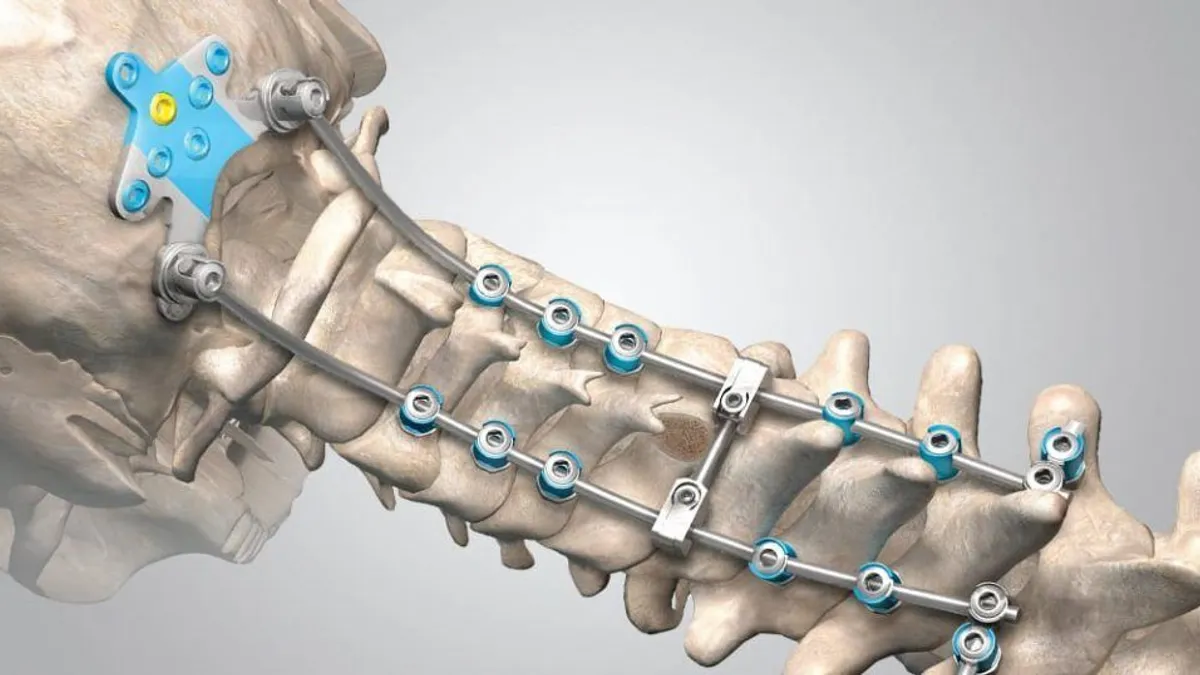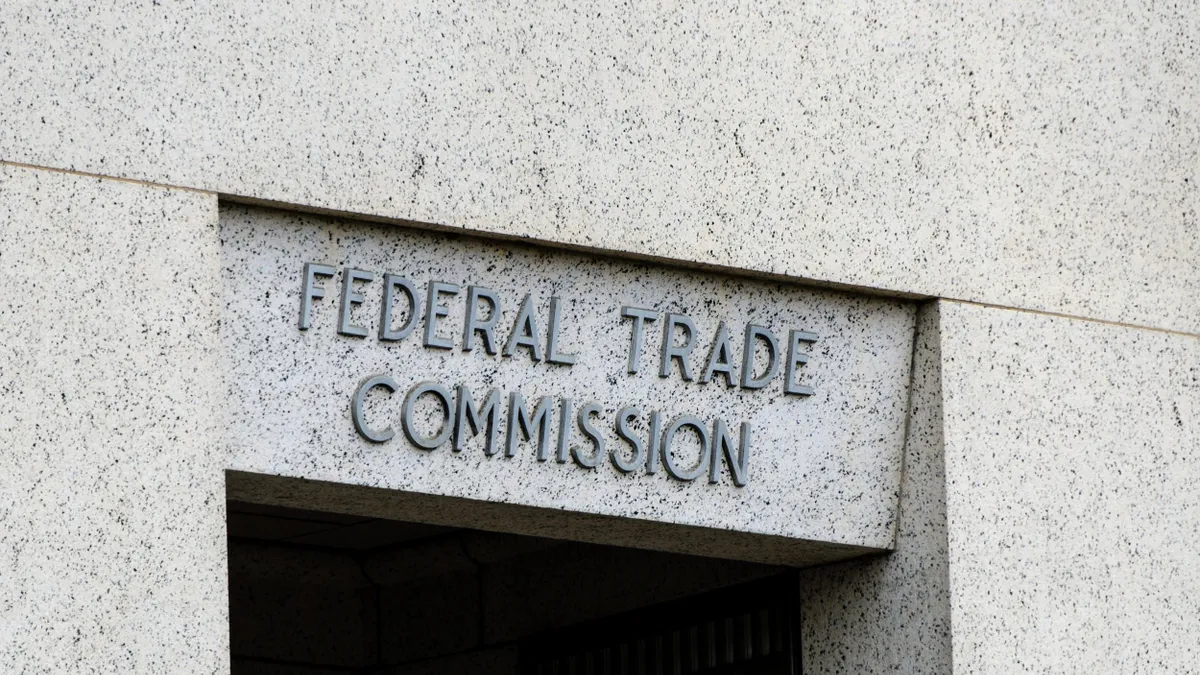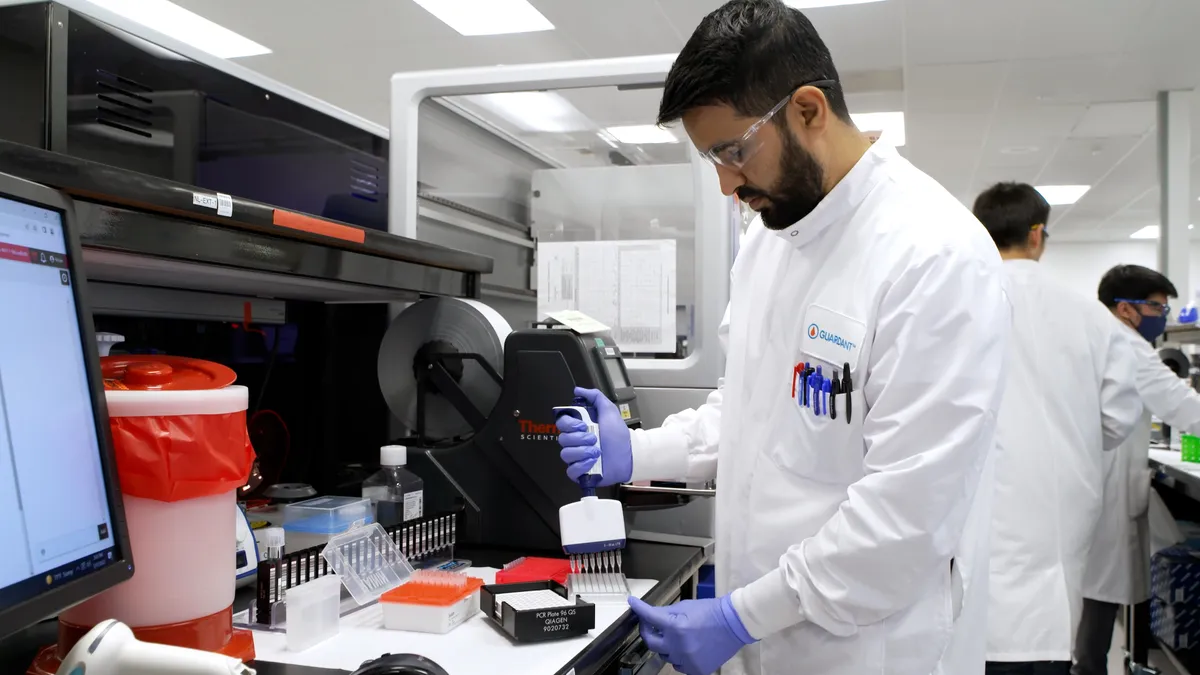Philips mischaracterized independent laboratory test results to deflect from problems with the soundproofing foam used in its recalled sleep and respiratory devices, PSN Labs said in a legal filing.
Erie, Pennsylvania-based PSN Labs filed a response on Friday after Philips sued the laboratory in July, claiming PSN Labs made mistakes in its analysis of the foam used in Philips’ devices. Philips also claimed it would have taken a different approach to the massive recall if it weren’t for the results.
Philips began a recall of more than 15 million sleep apnea machines and ventilators in 2021 after finding foam used to soundproof the devices could break down and be inhaled by patients, with health risks including irritation, nausea and “toxic or carcinogenic effects,” according to the Food and Drug Administration. The recall is still ongoing.
PSN Labs defended its testing and said that Philips was already aware of problems with the polyester-based polyurethane (PE-PUR) foam in the devices when it hired the lab. PSN Labs called for a jury trial.
The Pittsburgh Post-Gazette first covered PSN Labs’ response.
PSN Labs: Philips knew recall was needed
Philips contracted with PSN Labs for PE-PUR foam testing in 2021, after Philips had already determined through in vitro assays that degraded foam was capable of causing genetic mutations, the lab said in its defense.
Philips began investigating foam degradation in 2016 and began testing the PE-PUR foam in 2018. The tests identified three substances: formaldehyde; Phenol, 2,6-bis; and benzoic acid-ethoxy-,ethyl ester, according to legal documents.
When PSN Labs conducted testing years later, it identified two of the three substances, requiring additional analysis for hazard characterization, the company said. The findings rendered PSN Labs unable to write a successful risk assessment for Philips devices containing the foam, the lab wrote.
Previous testing by other facilities also found that the foam failed genotoxicity and volatile organic compound testing, according to the defense.
“These genotoxicity and VOC test results alone should have been enough to trigger a recall of on-market devices -- but Philips failed to move forward,” PSN Labs wrote.
PSN Labs also said that Philips mischaracterized its testing. The lab tested new, “out-of-the-box” units, and said that Philips conflated the results by extrapolating them to the results from the degraded foam.
“Instead of addressing these errors and moving forward, Philips has continued to mischaracterize testing results in an effort to conceal the ultimate foam degradation issue,” the lab said. “Philips, similar to its attempts against other third parties, is attempting to deflect attention to PSN Labs and away from Philips' own failures, negligence, concealment, and recklessness.”
‘Numerous red flags’
PSN Labs also pushed back on Philips’ claims that the lab made mistakes in its testing. In its lawsuit, Philips claimed PSN Labs wrongly reported that it had identified a mutagenic and genotoxic compound called dimethyl diazene.
PSN Labs said in the defense that it received a “tentative” identification for dimethyl diazene in its testing, meaning that data has been obtained that is consistent with a class of molecule, not a specific one. PSN Labs said it identified the tentative result “out of an abundance of caution,” and concluded that additional testing was necessary to confirm the presence of dimethyl diazene, but Philips refused additional testing.
The lab also explained that Philips requested raw data from the testing. However, PSN Labs did not provide it because it was worried that doing so would compromise its independence, and providing raw data is not standard practice within the industry.
“PSN Labs encountered numerous red flags during Philips's repeated requests for the raw data that led PSN Labs to suspect that Philips might use the raw data to pressure PSN Labs to modify its report,” the lab wrote.
A spokesperson for Philips wrote in an email on Thursday that the lawsuit is about “holding PSN accountable for the mistakes they made and in particular the reprehensible conduct to cover up their mistakes after they learned of them.” Philips would have pursued a different and more focused recall if PSN had not “greatly overestimated the potential risk to patients,” the spokesperson added.
Philips claimed last year that emissions related to foam degradation in its devices were within the safety limits and “unlikely to result in appreciable harm to health in patients.” However, the FDA found the testing and analysis shared by the company were not adequate to fully evaluate the risks of the recalled devices, and required Philips to conduct additional testing.
Philips struck a consent decree with the Department of Justice in April requiring the company to halt sales of many sleep and respiratory products in the U.S. until it shows years of compliance with FDA quality standards. Philips also must repair, replace or refund the recalled devices per a remediation plan the company agreed to with the FDA.








